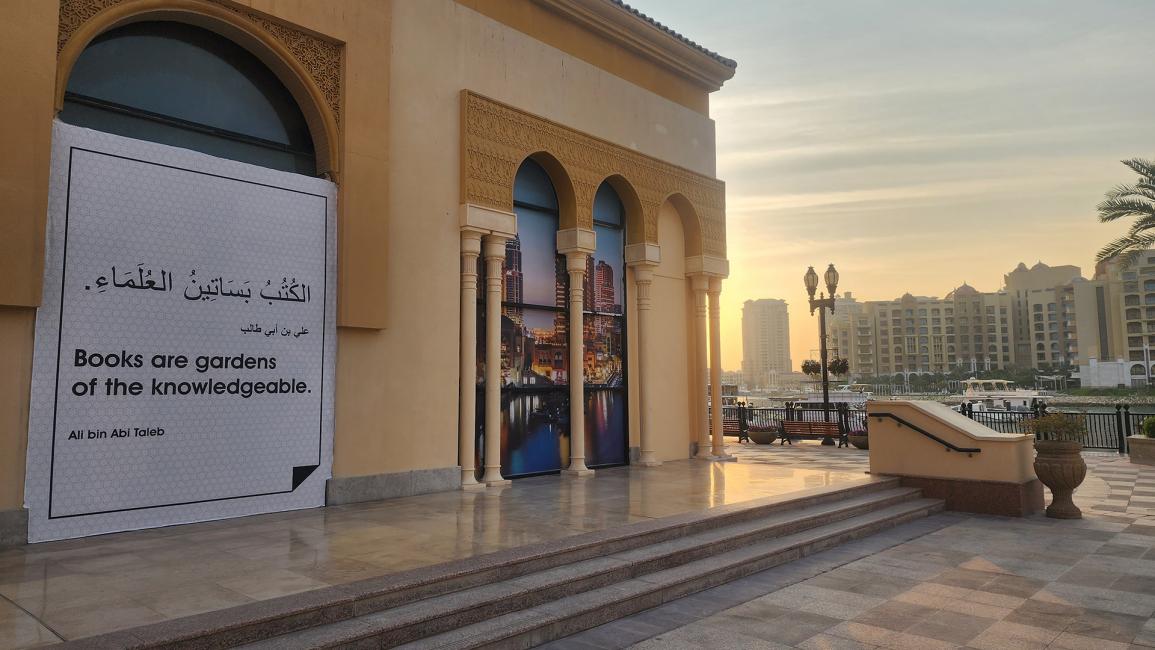Qatar’s hosting of the World Cup 2022 demonstrated that Islam is a religion of peace and is for all people, and helped the world look beyond xenophobic headlines
Qatar’s unifying efforts have been spotlighted by Pakistan’s Minister of Religious Affairs and Inter-faith Harmony, who said the Gulf state has always played a crucial role in maintaining the unity of the Muslim Ummah.
Mufti Abdul Shakoor said Qatar successfully hosted the FIFA World Cup and provided a “beautiful” introduction of Islam to the rest of the world.
He met with Sheikh Saoud bin Abdulrahman bin Faisal Al Thani, the Qatari ambassador to Pakistan, on Wednesday.
The Qatari ambassador said his country is prepared to work with Pakistan to produce high-quality printed translations of the holy Quran and books of Hadith.
Islam takes centre stage at Qatar 2022
The World Cup in Qatar is likely to go down in history for being the first Middle Eastern World Cup, but also the first tournament hosted by a Muslim nation.
While the host nation of the 2022 World Cup was subjected to a campaign of ferocious and exaggerated criticism by western media, it did not stop Qatar, football fans, and players from practicing their religion with pride.
Videos of Qatari residents who live close to Al Thumama Stadium went viral, showing them welcoming fans as they left the venue late at night following matches, adopting the principles of Islam which promotes hospitality.
Some fans were also seen giving out cards with barcodes, ready for people to scan and learn about the Islamic faith.
Separately, quotes of significant Muslim figures, such as the Prophet Muhammad and Imam Ali bin Abi Taleb were plastered around the country to promote messages of peace to international visitors.
Ahead of the World Cup, the Amir Sheikh Tamim bin Hamad Al Thani maintained that the tournament is an opportunity to introduce the country’s culture and religion to the rest of the world.
This came amid incessant and harsh criticism of the host nation, which were deemed by many as Islamophobic and racist.
Qatar takes lead in diplomatic response
Doha has also long been at the forefront of vocalising its refusal of any form of hatred and “insulting” remarks against Islam, constantly maintaining that ‘vile incidents’ against the religion is an act of incitement and a serious provocation to the feelings of more than two billion Muslims in the world.
Doha has adopted an unwavering stance in the face of Islamophobic incidents around the globe.
In June, a violent Indian police crackdown on Muslims prompted Qatar to issue a statement. Qatar summoned India’s envoy to Doha, Deepak Mittal, to deliver a letter of condemnation. In a statement, authorities in the Gulf nation said they rejected comments made by the Indian officials against Prophet Muhammad (PBUH).
Speaking to Doha News at the time, Dr Farhan Chak, Associate Professor of Political Science at Qatar University said Doha’s prompt statement highlighted its strong leadership role in the region.
By coming forward Qatar “says to the whole world that look we are part of the international community, we are part of the world as well, we have our values as well [which] may not coincide with other people’s values and we have every right to protect our values and we have every right to respond when those values are ridiculed, when those holy personalities are targeted,” Dr Chak said.
More recently, a series of horrifying incidents in which copies of the holy Quran were burned in different parts of Europe sparked outrage across the Muslim world, leading the Gulf country to respond.







